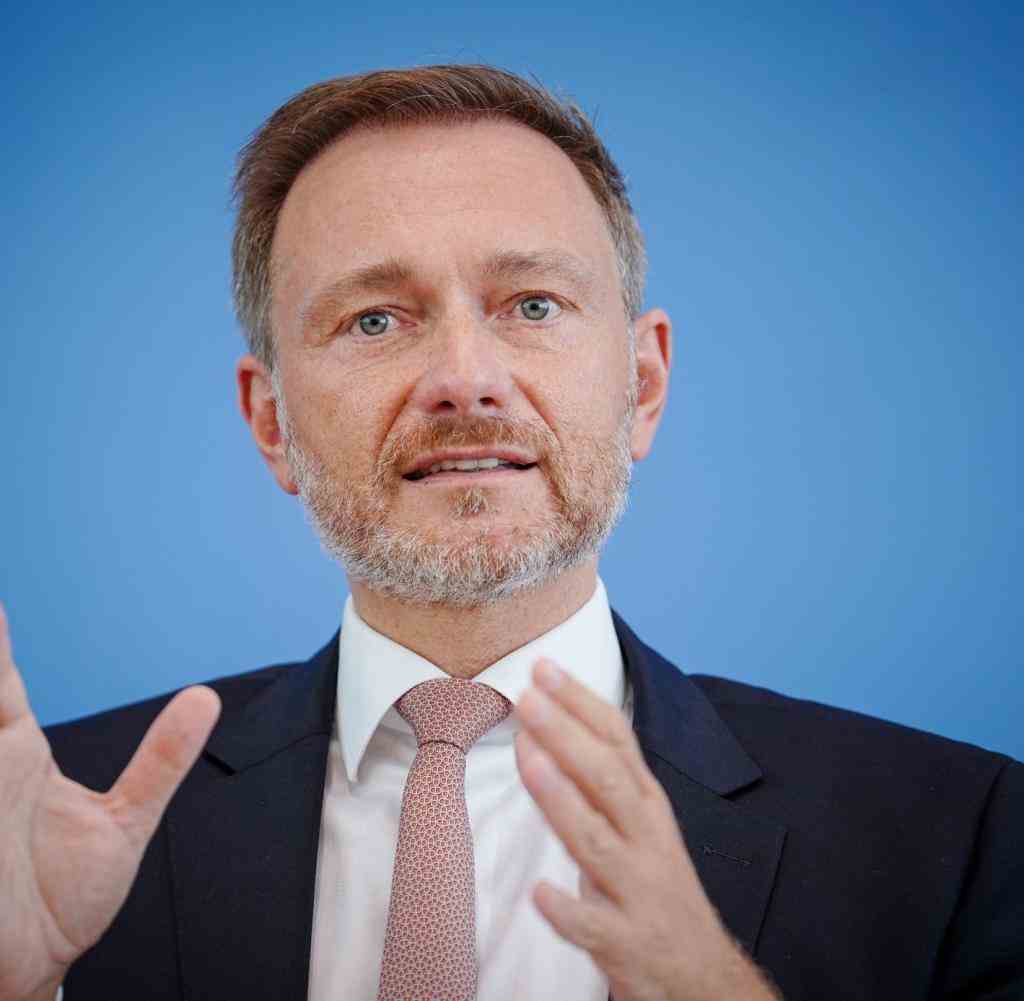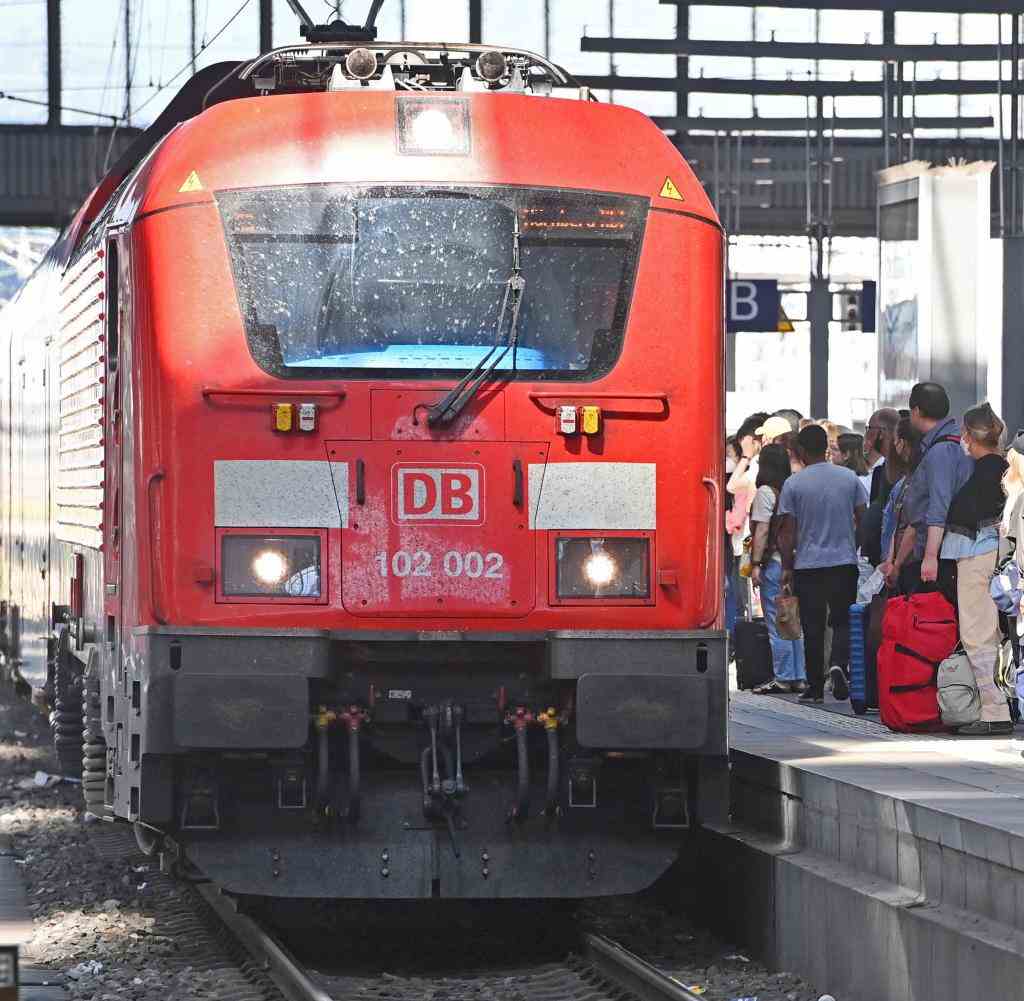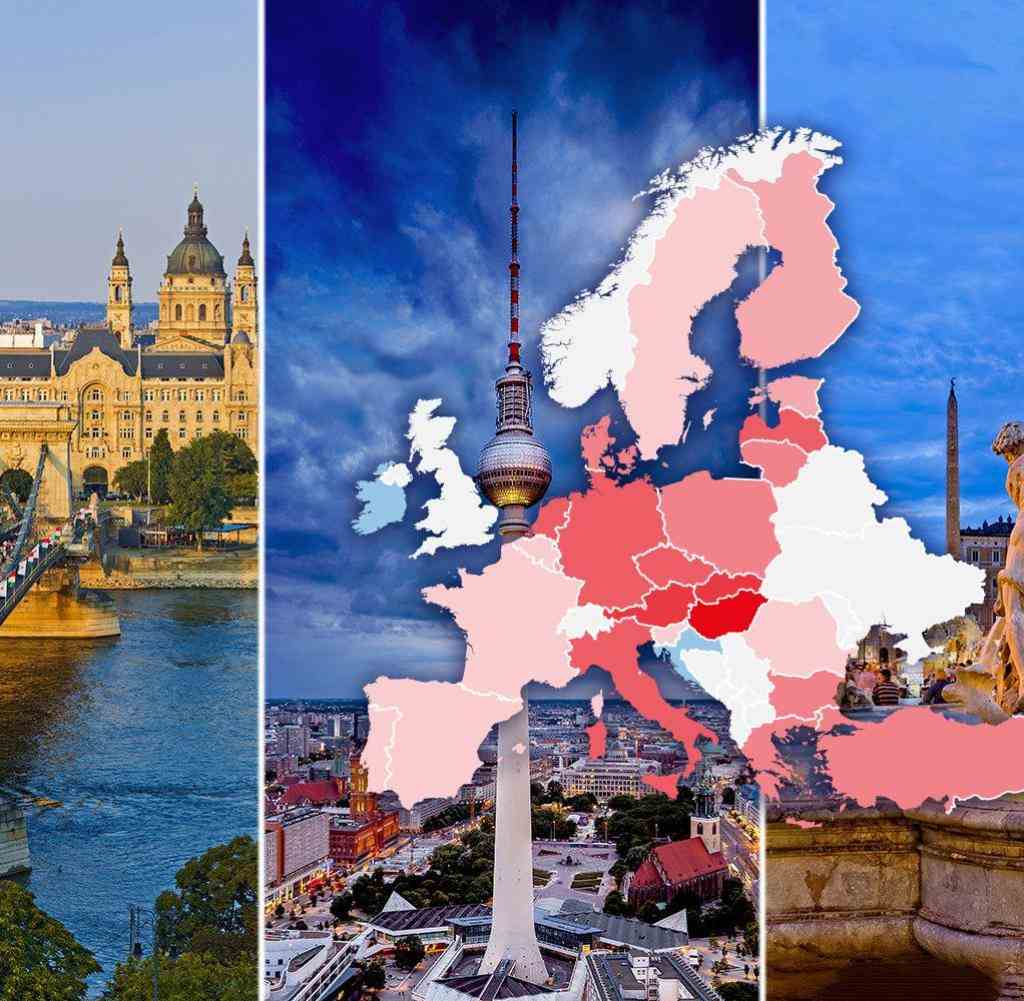Lindner open to significantly higher commuter allowances – Greens cautious

FDP Finance Minister Christian Lindner is in favor of increasing the commuter allowance
Source: Kay Nietfeld/dpa
Because of the rising energy prices, Christian Lindner is in favor of increasing the commuter allowance. This should not only apply to long-distance commuters as before. The SPD praises the idea, the Greens react negatively.
BFederal Minister of Finance Christian Lindner (FDP) has shown himself open to a significant increase in the commuter allowance from next year in view of rising energy prices.
Lindner told the German Press Agency on Tuesday: “Many people have to commute to work every day. They are particularly affected by high energy costs. We should also relieve this working center of society in the future. I am open to significantly increasing the commuter allowance from next year. The increase should take effect from the first kilometer and should not only apply to long-distance commuters.”
The flat rate applies regardless of the chosen means of transport, it sets incentives for cost- and energy-saving behavior. “In this respect, there is no reason why an increase and expansion of the commuter allowance should be rejected,” said Lindner.
Up to the 20th kilometer the flat rate is currently 30 cents per kilometer. In spring, as part of a relief package, the coalition decided on a higher flat rate for long-distance commuters – these are citizens who have to drive 21 or more kilometers to work. Retroactive to January 1, they can count 38 cents per kilometer, three cents more than before. This applies until 2026.
The commuter allowance is part of the income-related expenses in the tax return. At the same time, the coalition had agreed to reorganize the lump sum in this legislative period and to take better account of ecological and social concerns.
SPD also open to higher commuter allowances
In the traffic light coalition, Lindner’s proposal caused a divided response. SPD parliamentary group deputy Achim Post said: “Basically, in my opinion, an increase in the commuter allowance from the 1st kilometer can certainly be an instrument to create effective further relief for employees, especially in rural areas.”
On the other hand, Green Party Vice President Andreas Audretsch expressed reservations. “Simply raising the commuter allowance would primarily benefit people who earn a lot and would offer no incentive to save more fuel. This means that the central requirements for relief measures are not being met in these difficult times.”
North Rhine-Westphalian Finance Minister Marcus Optendrenk (CDU) welcomed Lindner’s initiative: “In my view, it’s a good sign if the federal government is now moving here and thus supporting citizens with long commutes, primarily in rural and suburban areas .” The SME and Economic Union of the Union had demanded an increase in the distance allowance to 60 cents from the first kilometer. The “petrol price brake” of the traffic light is not enough at the back and front. For the period from June to August, the energy tax on refueling was reduced.
Lindner had spoken out against a new relief package this year – pointing out that many of the measures that had already been decided, such as the abolition of the green electricity system via the electricity bill, were still having an effect. The government’s draft budget for 2023 provides for the debt brake that was suspended during the corona pandemic to be included again. In the draft, funds of around ten billion euros have been set aside for relief.
Transport associations were critical of a higher commuter allowance. “After the tank discount, the next billion dollar gift for motorists,” said Dirk Flege, Managing Director of the Pro-Rail Alliance. 80 percent of the commuter allowance goes to drivers.
The traffic policy spokesman for the Verkehrsclub Deutschland, Michael Müller-Görnert, called an increase in the flat rate socially unfair. Lower income groups, who are hit hardest by rising energy and fuel prices, would not be relieved with a higher commuting allowance because they pay little or no tax. “The federal government should therefore switch the distance allowance to a mobility allowance that is independent of income. Everyone benefits, especially households with lower incomes.”



